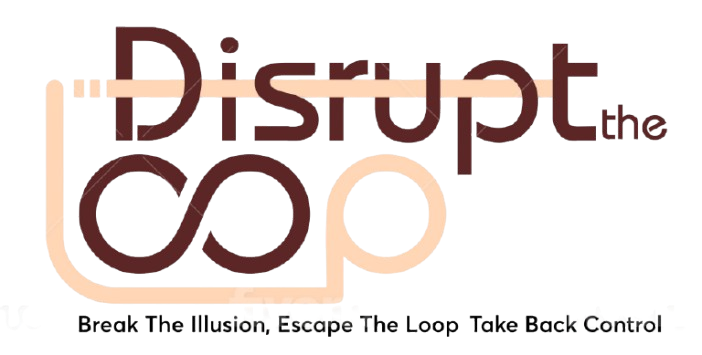The Dual Nature of Hatred: Harmful or Helpful?
Hatred is often labeled as a destructive force—something to be suppressed, avoided, or overcome. Society, religion, and cultural norms frequently paint hatred as an inherently evil emotion, one that fuels violence, division, and suffering. But is hatred entirely negative, or does it have an overlooked purpose? Could this intense emotion serve as a catalyst for positive change?
The Experience of Hatred: A Personal Perspective
At first, hatred can feel overwhelming—a deep, burning tension that compels us to react impulsively. It is often driven by betrayal, injustice, or deep-seated resentment. This raw emotional energy can be destructive, but in some cases, it can also provide clarity and motivation. Consider situations where hatred is directed at oppression, corruption, or harm inflicted upon the innocent. In these instances, hatred may serve as an engine for change, pushing individuals and societies to take action against wrongdoing.
The Positive Potential of Hatred
While hatred can lead to harmful consequences when left unchecked, it also has certain benefits when understood and managed properly:
- A Source of Strength and Determination
- Hatred can fuel resilience and courage in the face of injustice. It has historically played a role in civil rights movements, resistance against tyranny, and personal transformations.
- People who feel intense hatred toward societal evils, such as racism or abuse, often channel that energy into activism, seeking justice and reform.
- An Indicator of Deeply Held Values
- Hatred can reveal what we truly care about. If we feel hatred toward cruelty or deceit, it suggests that we value kindness and honesty. Recognizing what triggers our hatred can offer profound insights into our core beliefs and personal boundaries.
- A Path to Self-Understanding
- By analyzing the roots of our hatred, we can better understand our emotions, experiences, and psychological wounds. Hatred can act as a mirror, reflecting unresolved issues and areas where we need healing.
The Dangers of Unchecked Hatred
Despite its potential benefits, hatred is undeniably dangerous when left uncontrolled. It can cloud judgment, breed toxic resentment, and lead to destructive actions. When people dwell in hatred without seeking understanding or resolution, they risk harming themselves and others. This is why it’s crucial to manage hatred wisely—acknowledging it, learning from it, but not allowing it to dictate our actions.
Navigating Hatred: A Balanced Approach
The key to dealing with hatred lies in emotional regulation and self-awareness. Instead of suppressing or acting on hatred impulsively, consider these steps:
- Acknowledge the Emotion: Recognize that hatred is a natural response to certain experiences. Denying it can make it more powerful.
- Analyze the Cause: Ask yourself why you feel this way. Is it justified? Is it based on misunderstanding or personal pain?
- Redirect the Energy: Channel the intensity of hatred into something productive—whether it’s advocacy, personal growth, or meaningful change.
- Practice Empathy and Perspective-Taking: While some situations warrant strong emotional responses, others may be better addressed with understanding and communication.
The Final Takeaway: Hatred as a Teacher
Hatred, like love, is a complex and powerful emotion. Both can lead to suffering, but both can also inspire growth and change. Instead of fearing or repressing hatred, we should seek to understand it—using it as a tool for self-awareness, resilience, and ethical action.
In a world filled with emotional contradictions, recognizing the role of hatred in our lives can help us navigate our feelings with wisdom. The goal is not to eliminate hatred entirely but to learn from it, harness its power constructively, and ensure that it serves our higher values rather than consuming us.

